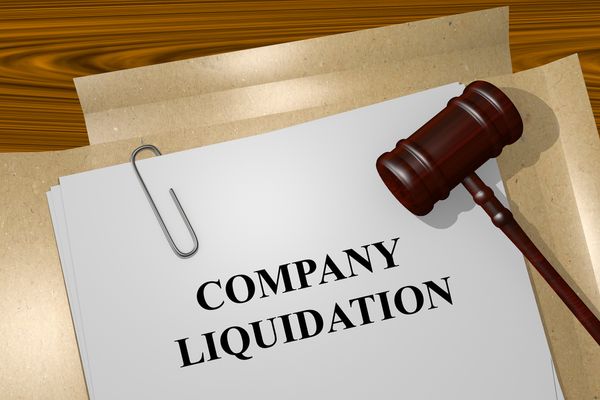Directors cannot liquidate a company to dodge liability
In 2016, the Fair Work Ombudsman found a security company director personally liable for his company’s breaches of the Fair Work Act, after the business he was running became insolvent.
The Case
In the case, Fair Work Ombudsman v Step Ahead Security Services Pty Ltd & Anor (2016), Mr Jennings employed security guards through a company called Step Ahead Security Services Pty Ltd. The Fair Work Ombudsman commenced proceedings on behalf of eight security guards for underpayment of wages and other employee entitlements, including casual loadings, penalty rates and shift allowances.
The Fair Work Ombudsman brought proceedings against both Step Ahead and Mr Jennings as the director of the company.
Proceedings were also brought against Mr Jennings because the company was insolvent. This meant that if Step Ahead was wound up, the employees would lose their cause of action, unless Mr Jennings was also held responsible for the underpayments.
Mr Jennings had succeeded in avoiding liability on this basis on two prior occasions.
Section 550(1) of the Fair Work Act 2009 (Cth) provides that a person can be found to be accessorily liable for another party’s breach if they were involved in the contravention.
This arises where the person:
- aids, abets, counsels or procures the contravention;
- induces the contravention by threats, promises or other means;
- is knowingly concerned in or a party to the contravention; or
- conspires with others to effect the contravention.
The Verdict
The Federal Circuit Court found that Mr Jennings was the operating mind of Step Ahead. It held he was personally liable for the unpaid entitlements and that any monies not able to be paid by Step Ahead would need to be paid by Mr Jennings.
The Court made the following orders:
- Mr Jennings and/or Step Ahead pay the employee entitlements in the amount of $22,779.72;
- Mr Jennings pay a penalty of $51,300;
- Step Ahead pay a further $257,000 penalty;
- 25% of Mr Jennings’s penalty be suspended, and reactivated if he underpays any employee within the next 5 years; and
- an injunction be imposed restraining Mr Jennings from underpaying security industry workers at any time in the future. This means that Mr Jennings could face contempt of court proceedings if he ever underpays an employee again.
The Fair Work Ombudsman has referred the matter to the Australian Securities and Investments Commission (ASIC), given Mr Jennings’s conduct as a director was “calculated and deliberate” and amounted to “a blatant disregard for Australia’s workplace laws and the rights and entitlements of…employees”.
Lessons for you
The Fair Work Ombudsman and Federal Circuit Court have shown that they have zero tolerance for directors who try to hide behind their companies to avoid liability for employee entitlements.
This case sends a clear message that irresponsible and disingenuous employment practices will result in heavy penalties. Directors are already personally liable for unpaid superannuation payments. This case widens that field to include accessory liability for a broader range of employment entitlements.
Get the latest employment law news, legal updates, case law and practical advice from our experts sent straight to your inbox every week.

